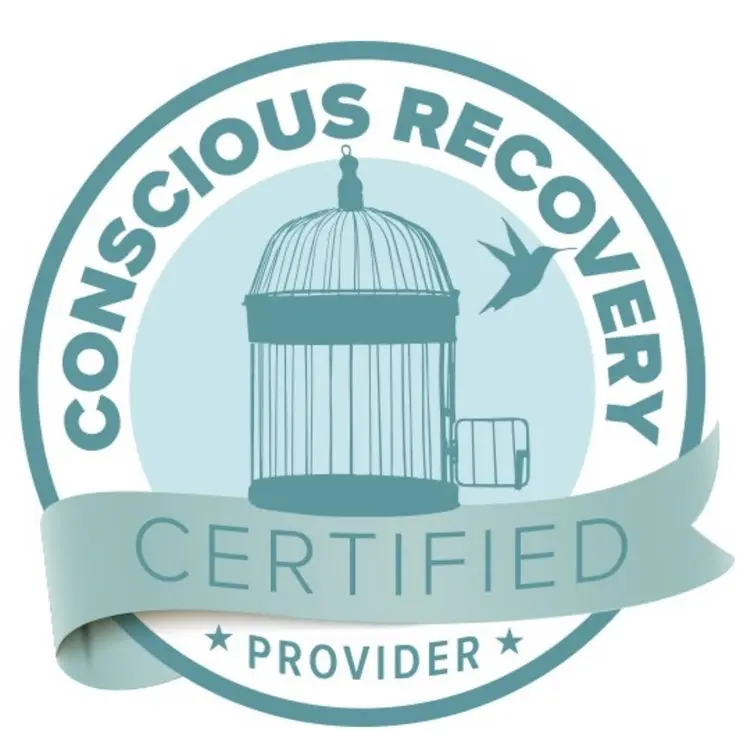Anxiety is a common experience for many, but when it starts to interfere with your daily life, it becomes something that needs attention.
Acknowledging anxiety’s impact is not about labeling yourself but about taking proactive steps toward wellness. It’s important to remember that experiencing anxiety does not define you; it’s a condition that, with the right support and treatment, can be managed. By understanding the nuances of your anxiety, you can navigate towards a path of recovery and regain control over your life, making each day more manageable and fulfilling
If you or a loved one is struggling with anxiety or other mental health issues, contact Monima Wellness today to learn more about our treatment programs in San Diego.

Anxiety disorders are the most common mental health issue in the world, impacting more than 300 million people in 2019. At its core, anxiety is a natural stress response, acting as a built-in alarm system that alerts us to danger and helps prepare our bodies to face it. This response can be beneficial in short bursts, enhancing our focus and energy during crucial moments, such as dodging an unforeseen obstacle or preparing for an important presentation. However, when this feeling becomes constant, overwhelming, and disproportionate to the situation, it transforms from a helpful alert system into a debilitating condition. Anxiety disorders turn everyday situations into overwhelming challenges, making it hard to lead a normal life.
Unlike the occasional anxiety that everyone experiences, anxiety disorders are marked by intense, excessive, and persistent worry and fear about everyday situations. These feelings are often difficult to control, out of proportion to the actual danger, and can last a long time. Symptoms might start during childhood or the teen years and continue into adulthood, manifesting through various physical and emotional symptoms. Understanding anxiety in its complexity is helpful not only for those who suffer from it but also for their loved ones, as it opens the door to empathy, support, and effective management strategies that can significantly improve quality of life.
The Diagnostic and Statistical Manual of Mental Disorders, Fifth Edition (DSM-5), categorizes anxiety disorders into several specific conditions, reflecting the complexity and varied manifestations of anxiety-related symptoms. According to the DSM-5, the main anxiety disorders include:
Understanding the symptoms of anxiety can also be an important part of recognizing when worry and concern transition from a normal, adaptive response to stress to a more pervasive and disabling condition. Anxiety symptoms can manifest through a wide range of reactions, which may fluctuate in severity and impact daily life. Some of these symptoms may include:
These reactions can be disruptive and significantly impair one’s ability to function in daily life. They may occur in response to specific stressors or triggers, but in some cases, they may arise unexpectedly without a clear cause. It’s important to note that the presence and intensity of these symptoms can vary widely among individuals. For some, anxiety may be a nagging worry that’s always in the background, while for others, it may lead to panic attacks or severe physical symptoms.
If you or a loved one is concerned about recurring symptoms of anxiety, contact Monima Wellness today. Let us guide you on your journey to mental wellness in San Diego.
Contact us today at 858-500-1542 to begin crafting your path to recovery.
Understanding the landscape of anxiety disorders and the impact they can have on an individual’s daily life, it is equally important to become familiar with the available treatment options. Seeking treatment for symptoms of anxiety is not easy and it marks a significant step toward recovery and improved quality of life. It’s important to remember that the treatment of anxiety disorders is highly individualized, aiming not only to alleviate symptoms but also to address underlying causes and improve overall functioning. Below are some of the most common treatment options for anxiety disorders, each offering a pathway to regaining control and finding relief:
Medication: Various medications can be used as part of a comprehensive plan to treat anxiety disorders. The most common medications prescribed for these disorders include:
Lifestyle Changes & Healthy Habits
Incorporating healthy lifestyle habits can significantly impact the management of anxiety. Regular physical activity, adequate sleep, a balanced diet, and mindfulness practices like meditation can help reduce symptoms. Additionally, reducing or eliminating caffeine and alcohol intake can also help manage anxiety levels.
Monima Wellness specializes in trauma and women’s mental health treatment in San Diego, understanding the unique challenges and stressors women and the LGBTQ+ community face. Our treatment center offers a compassionate and comprehensive approach to managing anxiety. From individual counseling to group therapy sessions and holistic treatment modalities like acupuncture and Traditional Chinese Medicine, our treatment programs are designed to support total healing on the journey to mental wellness.
If you’re experiencing anxiety and looking for support, contact us today. Our dedicated team of professionals is committed to helping you navigate the path to healing and wellness.

Find out if Monima is the right treatment center for you or your loved one. Please note: we are an insurance-friendly organization.

